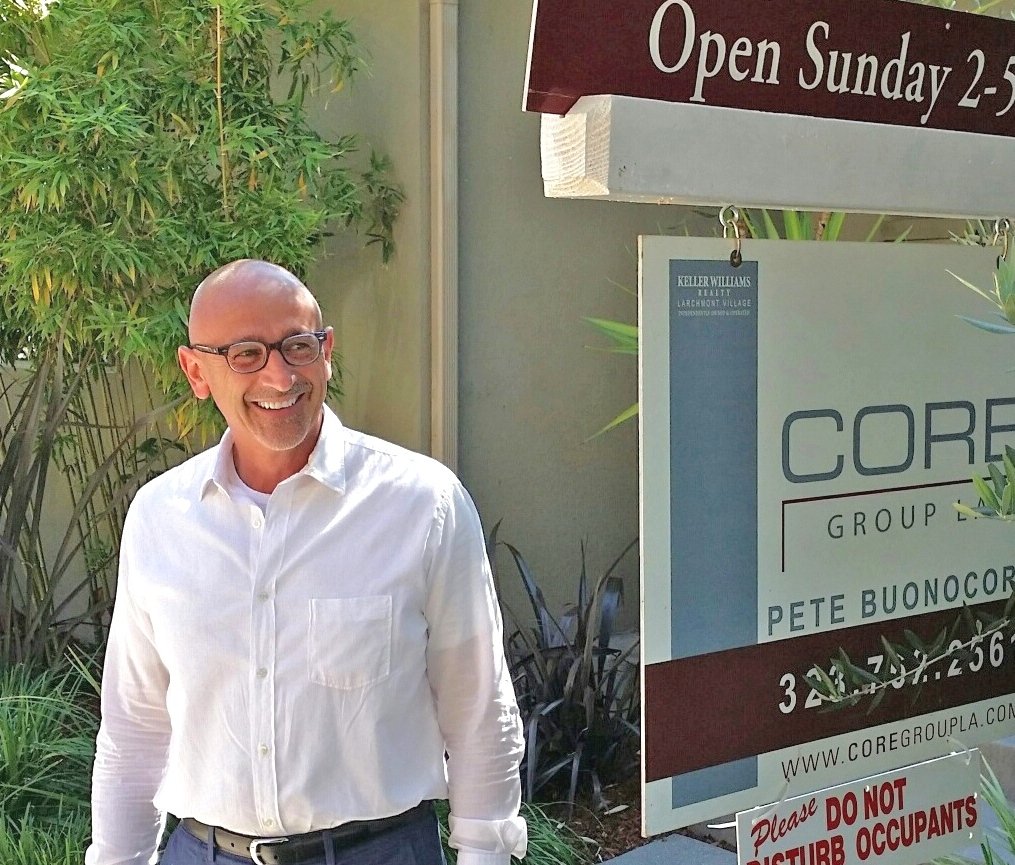FROM REALTOR.COM: If you’re looking to buy a house, you’re probably eager and excited. That’s fine, but just keep in mind that in this heightened emotional state, it’s easy to get swept up in the moment and behave, well, not perfectly.
This can lead to trouble since, just like anything else, buying a home comes with its own set of rules. Some may be fairly obvious, since they’re outlined in all that real estate paperwork you’ll soon be signing. But some of these rules are the unwritten, etiquette-based kind. And if you break ‘em, it could still stop a real estate deal in its tracks.
Worried you might not be aware of all the things you might do that could inadvertently rub home sellers or real estate agents the wrong way? Then heed these five etiquette rules that many home buyers might all too easily overlook.
Rule 1: See a house online you love? Don’t call the listing agent
When you’re looking for a house and find a place that looks like it could be The One, it can be tempting to jump the gun and call the listing agent immediately. But stop right there.
The reason? The proper channels of communication dictate that you should ask your own buyer’s agent to reach out to the listing agent, who will, in turn, let the home sellers know of your interest. We know it sounds like a long game of telephone, but it’s necessary for a number of reasons. Namely, it means both buyer and seller have an agent looking out for their distinct interests, facilitating the deal.
“You’re not going to get a better deal by going directly to the listing agent,” explains Matt Van Winkle, owner of Re/Max Northwest Realtors, in Seattle. “They represent the seller and are just trying to get the seller the best price.”
There is a caveat to this rule, says Kerron Stokes, a real estate agent with Re/Max Leaders, in Colorado: “If you are not represented and if you do not have an agent, then feel free to call the seller’s agent,” Stokes says. “But if you are a buyer, you should get an agent, as they can best represent your interests.
Rule 2: Don’t ask your agent to show you homes until you sign a buyer-broker agreement
We get it, signing legal documents is scary. But here’s the thing: If you’re not ready to commit to your real estate agent, you’re not ready to get serious about buying a home.
“Be prepared to sign a buyer’s agreement so that your buyer’s agent knows you are serious and ready to go,” Stokes says. “From a consumer protection standpoint, it’s a very good thing for all involved.”
A buyer-broker agreement is a legal contract that defines the relationship between the buyer (that’s you) and your real estate agent. The agreement is good for both parties, since it outlines exactly what services the broker is going to provide. A buyer-broker agreement is also a way to let your real estate agent know that you’re committed to working with this pro to find your home.
And, if the relationship doesn’t end up working out, you can always end the agreement and find another agent to work with. It’s poor etiquette to work with more than one real estate agent at a time, and the buyer-broker agreement shows your agent that you’re not doing that.
“Remember that buyer’s agents are only paid if they close a deal—they aren’t paid for their time,” Van Winkle says. As such, “it’s wrong to call another agent just because yours is unavailable or on vacation.”
Rule 3: Don’t make an offer without mortgage pre-approval
A mortgage pre-approval letter is a letter from a lender saying it will provide you with financing to buy a home up to a certain loan amount. It makes everyone’s lives easier since it provides proof of how much home you can afford to buyers and agents—and that you can put your money where your mouth is with an offer. Without it, your offer is an empty promise.
“If you want to compete against other buyers for a home, you won’t be able to do that without that pre-approval letter,” says Bill Golden, a longtime real estate agent with Re/Max Metro Atlanta Cityside.
Rule 4: Don’t be late to home showings—or bail entirely
If you have an appointment with your agent to view a home, treat it like a priority. If you’re going to be late or can’t make it, call your agent and let him know.
“If you don’t respect my time, then we don’t have a good working relationship,” Golden says. “Usually, I will have set up appointments to see several homes, and if you’re late or don’t show, I have to try to rearrange all of the showings, which may not be possible on short notice.”
Rule 5: Don’t pretend you’re ready to buy if you know you’re really not
 This one might sound like a no-brainer, but it’s such a big part of real estate etiquette it’s worth driving home: Don’t pretend that you’re ready to buy if you aren’t. Don’t enlist the services of a buyer’s agent if you know you’re still in the fact-finding and “just looking” phase of your home search.
This one might sound like a no-brainer, but it’s such a big part of real estate etiquette it’s worth driving home: Don’t pretend that you’re ready to buy if you aren’t. Don’t enlist the services of a buyer’s agent if you know you’re still in the fact-finding and “just looking” phase of your home search.
So go to open houses. Window-shop. Just be upfront with everyone about where you are in the process. Don’t pretend you’re ready to buy just because you want to be taken seriously. Real estate agents work on commission, so don’t wantonly take their attention away from actual, paying clients and potentially costing them sales, which is a serious thing. Got it?
WRITTEN BY KAYLEIGH ROBERTS FOR REALTOR.COM
Photo by Austin Wehrwein on Unsplash
Photo by Leslie Jones on Unsplash




